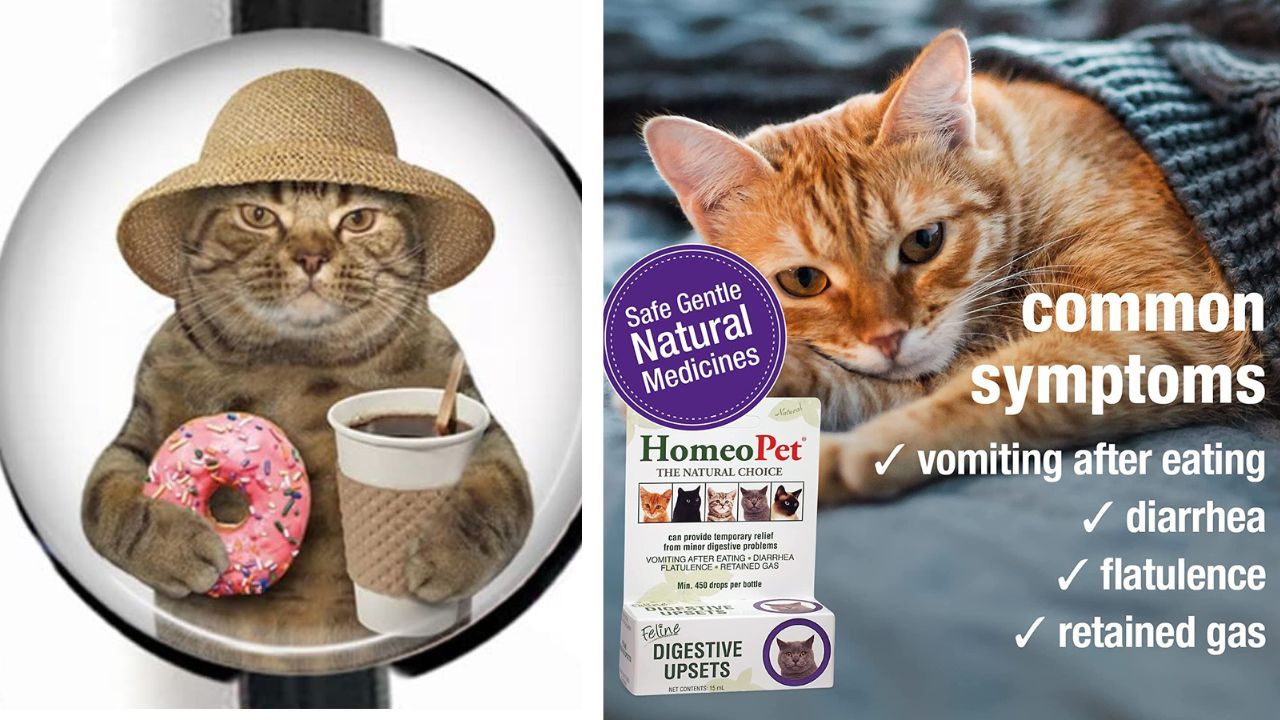We Just Want To Know… Do Cats Need Probiotics?
Read this article to see if your furry loved one will need probiotics!

You probably already know that probiotics are incredibly beneficial for your own health, but did you know that they can also benefit your feline friend too? Probiotic supplements are becoming increasingly popular in the pet world and many cat owners are starting to give their cats probiotics on a regular basis. In this blog post, we'll explore the benefits of probiotics for cats, as well as how to safely incorporate them into your cat's diet.
What Are Probiotics?
Probiotics are live bacteria and yeasts that help balance out the good and bad bacteria in the gut. They occur naturally in the digestive systems of animals and humans. They help break down food in the gut, making it easier to absorb nutrients while also providing a range of other health benefits.
When the balance of these ‘good’ microorganisms is out of whack, it can cause problems with digestion and immunity. These “good” bacteria can help promote healthy digestion and boost immunity by fighting off harmful microbes. Probiotics also help break down food particles, aiding with nutrient absorption.
Can Cats Benefit from Probiotics?
Yes! In fact, some experts believe that cats may even need more probiotic supplementation than other animals because their digestive systems are shorter and less efficient at breaking down food particles. Plus, cats don't drink nearly as much water as other animals which is important for keeping the body hydrated and flushed out. Therefore, cats are more prone to dehydration-related illnesses like urinary tract infections. By supplementing their diets with probiotics, you can help keep your cat's digestive system running smoothly and reduce their risk of developing infections or illnesses related to poor digestion or dehydration.
How To Safely Supplement Your Cat's Diet with Probiotics
Make sure you look for a product specifically formulated for cats. The easiest way to give your cat probiotics is through a supplement or powder added directly into their food. Make sure to check the label on any supplement you buy for dosing instructions; some may need to be given daily while others can be given less frequently. Additionally, there are foods available specifically formulated with added probiotic ingredients which may be a good option if you don’t want to use a supplement.
Once you've found a good product, start by introducing it slowly into your cat's diet; until they've adjusted to the new supplement; then gradually increase the dosage as needed. If after introducing probiotics into their diet your cat still experiences any negative symptoms such as diarrhea or vomiting then stop giving them immediately and consult with your vet before continuing use.
Probiotics Are Becoming More Popular
Probiotic supplements have been gaining popularity among pet owners lately due to their numerous health benefits including improved digestion, boosted immunity, increased nutrient absorption, and reduced risk of infection or illness related to dehydration or poor digestion in cats.
While not every cat will necessarily benefit from taking a daily dose of probiotic supplements; it would not hurt to try and see if probiotic supplements will benefit your cat. Adding these helpful microorganisms into their diet could have far-reaching positive effects on their overall health – so why not give it a try?
Click the button below to see which probiotics that we have reviewed that may help your furry feline to remain happy and healthy!

